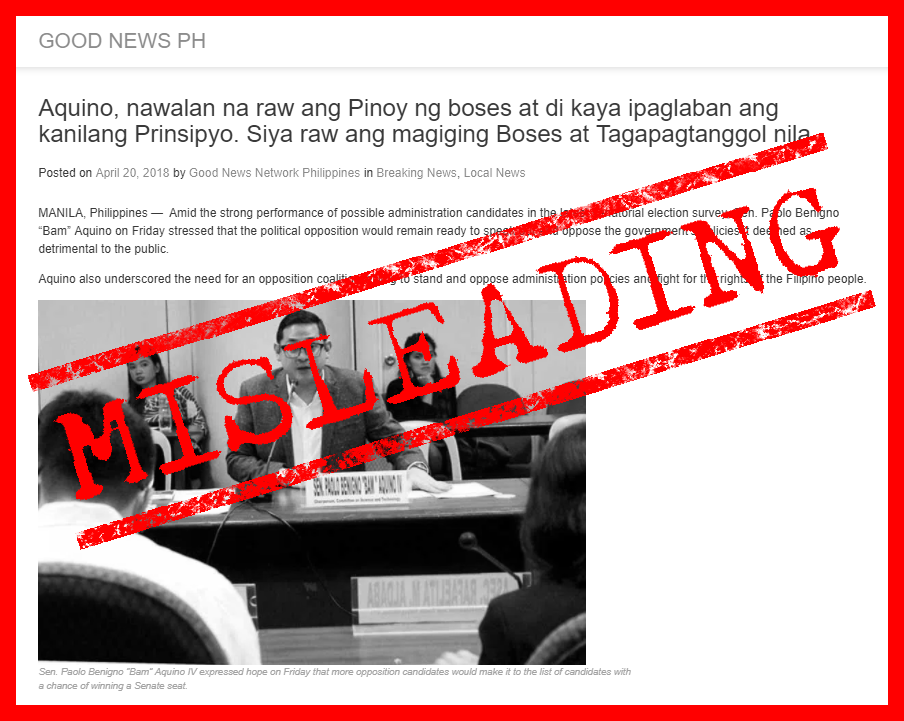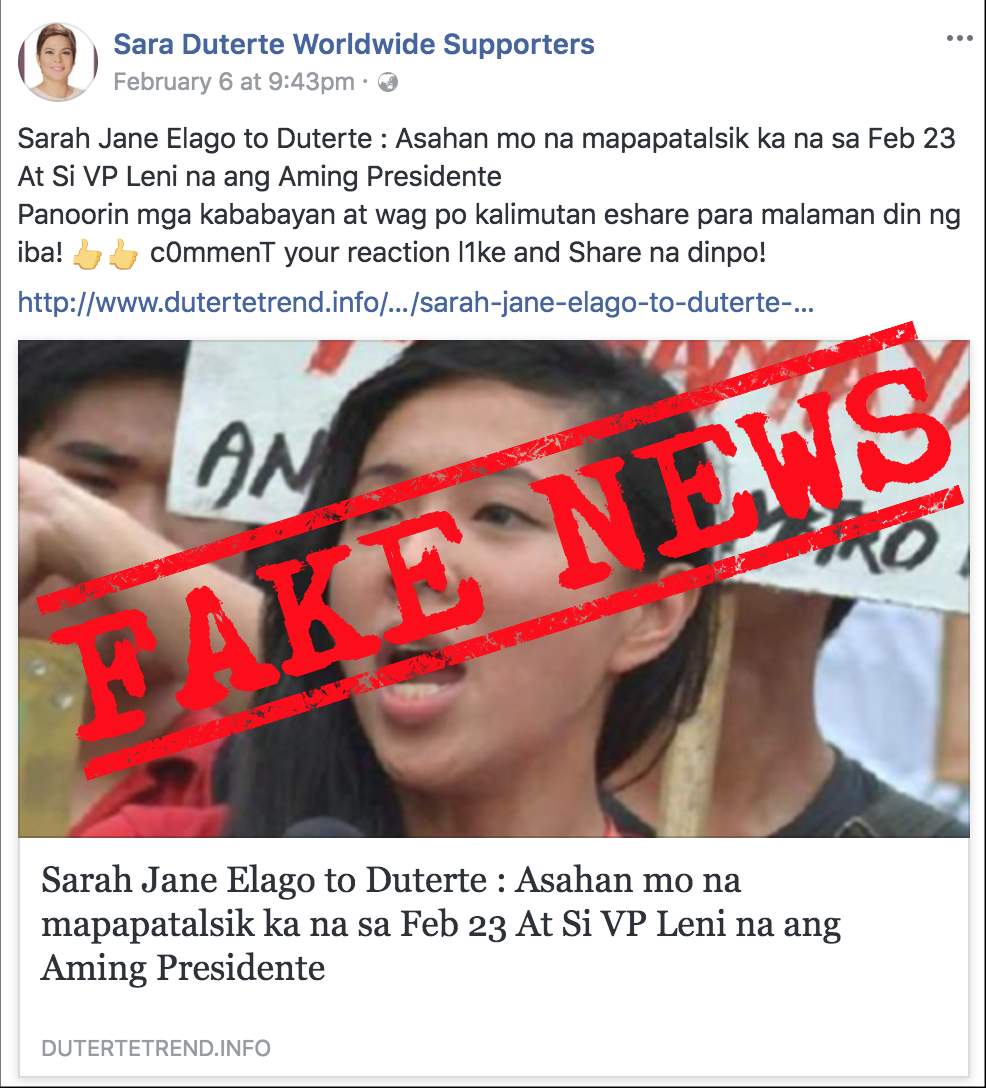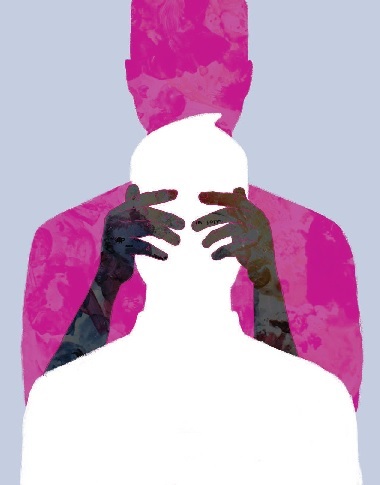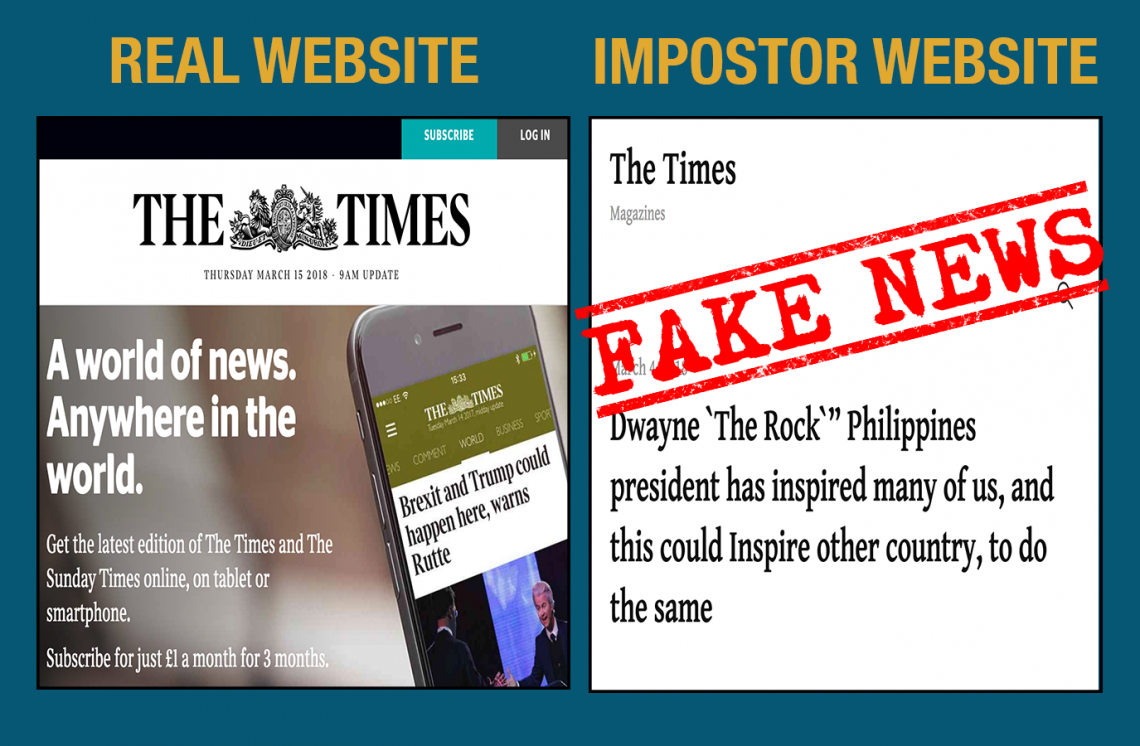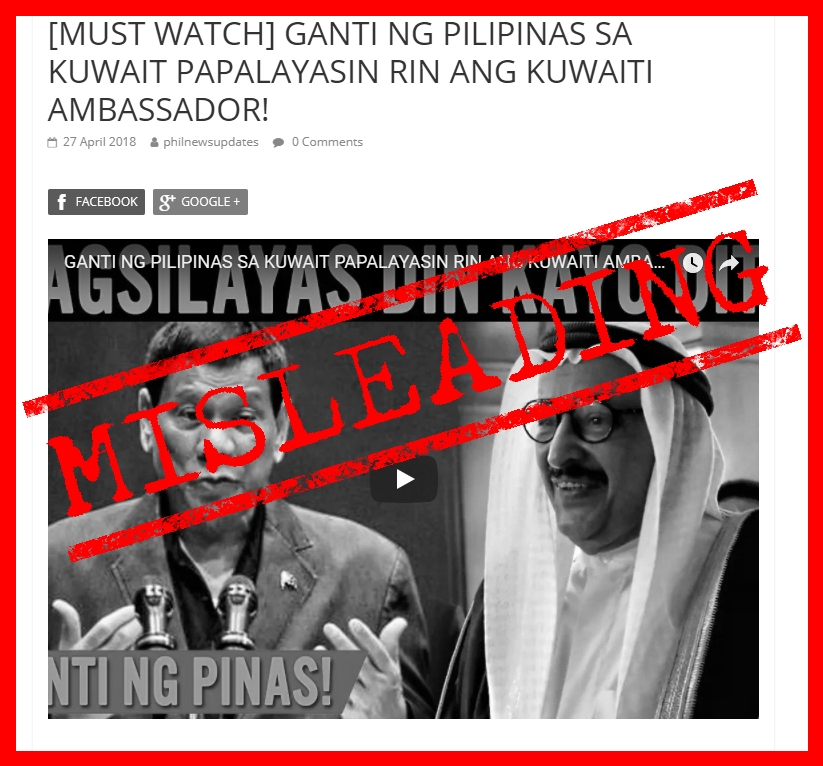VERA Files has been doing fact-checking training all over the country sharing the knowledge and skills we have learned to sift what is true from the falsehoods that abound in social media.
Our campus tours have been educational for us as we have seen young people, social media savvy yet so vulnerable to the evils of the phenomenal medium. We are invigorated to see that many of them value truthfulness and we are encouraged by their enthusiasm to learn how to fight lies which now come under the banner of “fake news.”
Two weeks ago we were at the University of Antique in the town of Sibalom with 300 education students. Since the participants were future teachers we tweaked our training from “How to fact-check” to “How to teach fact-checking.”
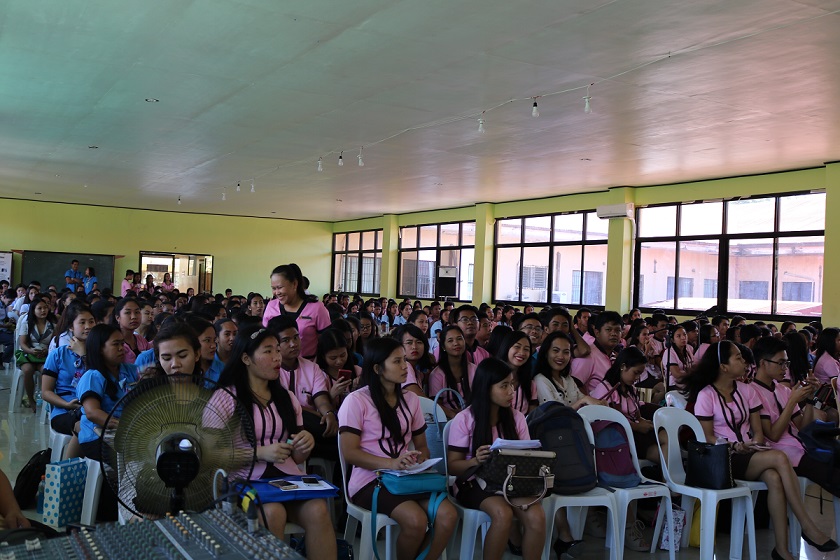
Future teachers at the University of Antique learn how to teach Fact-Checking. Photo by Allyssa Marie C. Villeza.
We divided the participants into ten groups and gave the each group suggested statements to fact check. We told them that they can also choose their own subject to fact check. After a 30- minute mini-conference among themselves, they each made their presentation.
The result was fantastic. Using various teaching tools, they made fact-checking fun.
One group utilized debates. Another said they will have a quiz show, “Fact or Bluff.” Another group said they will have illustrations.
We learned a lot from them. Iba talaga ang teachers.
We would like to thank writer and entrepreneur Alex de los Santos, University of Antique acting Vice President for Academic Affairs Dr. Jelyn Alentajan and OIC Dean, College of Education Dr. Ninfa D. Coronado for everything.
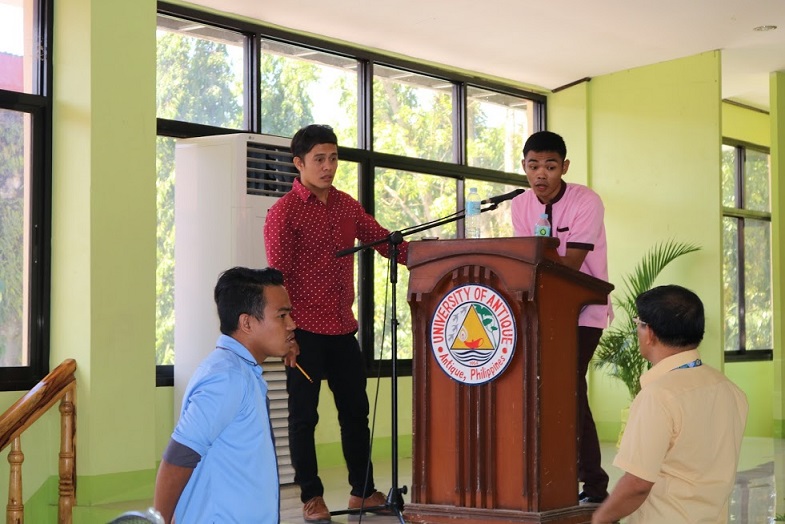
Thinking of ways to make teaching of fact-checking interesting. Photo by Allyssa Marie C. Villeza.
***
Why is it important to fact check?
Because we deserve no less than the Truth.
Lies cause confusion. Lies cause us to make wrong decisions.
Truth sets us free from ignorance. Truth empowers us.
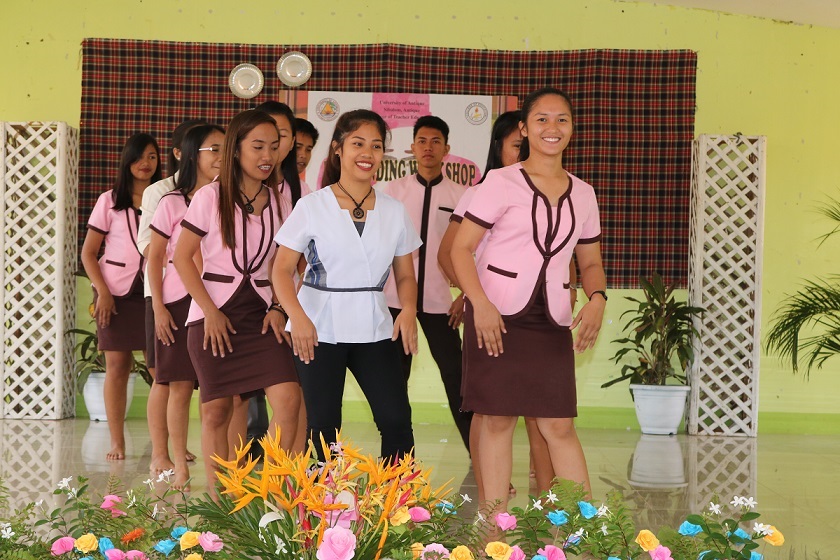
Teaching fact-checking can be fun. Photo by Allyssa Marie C. Villeza.
The advent of social media which has been taken advantage of by malevolent forces for mis and disinformation has made fact checking important.
This leads us to a disturbing study by scholars of the Massachusetts Institute of Technology, the Media Lab which examined data comprising 126,000 stories tweeted by three million people more than 4.5 million times from 2006 to 2017 and found out that “False news reached more people than the truth; the top one percent of false news cascades diffused to between 1000 and 100,000 people, whereas the truth rarely diffused to more than 1000 people. Falsehood also diffused faster than the truth. The degree of novelty and the emotional reactions of recipients may be responsible for the differences observed.”
An abstract of the study published in sciencemag.org states:” We classified news as true or false using information from six independent fact-checking organizations that exhibited 95 to 98% agreement on the classifications. Falsehood diffused significantly farther, faster, deeper, and more broadly than the truth in all categories of information, and the effects were more pronounced for false political news than for false news about terrorism, natural disasters, science, urban legends, or financial information. We found that false news was more novel than true news, which suggests that people were more likely to share novel information. Whereas false stories inspired fear, disgust, and surprise in replies, true stories inspired anticipation, sadness, joy, and trust. Contrary to conventional wisdom, robots accelerated the spread of true and false news at the same rate, implying that false news spreads more than the truth because humans, not robots, are more likely to spread it.”
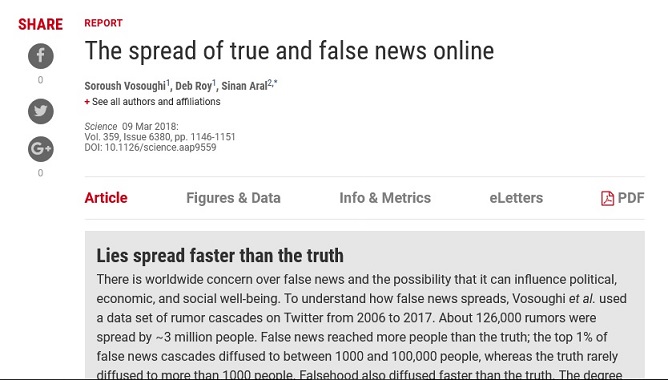
A report on the study in the atlantic.com. said the MIT team settled on two hypotheses on why falsehoods do better than truthtelling:
“First, fake news seems to be more ‘novel’ than real news. Falsehoods are often notably different from the all the tweets that have appeared in a user’s timeline 60 days prior to their retweeting them, the team found.
“Second, fake news evokes much more emotion than the average tweet. The researchers created a database of the words that Twitter users used to reply to the 126,000 contested tweets, then analyzed it with a state-of-the-art sentiment-analysis tool. Fake tweets tended to elicit words associated with surprise and disgust, while accurate tweets summoned words associated with sadness and trust, they found.”
How do we then counter the public’s fascination for what is novel and emotion-appealing but false data?
Education is the only way. It may be slow and difficult but it’s the only way.
